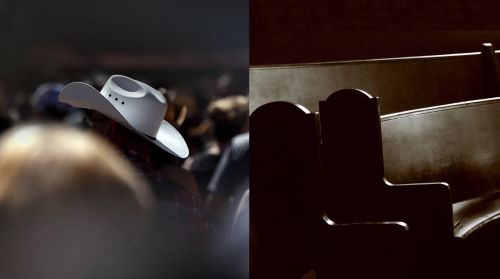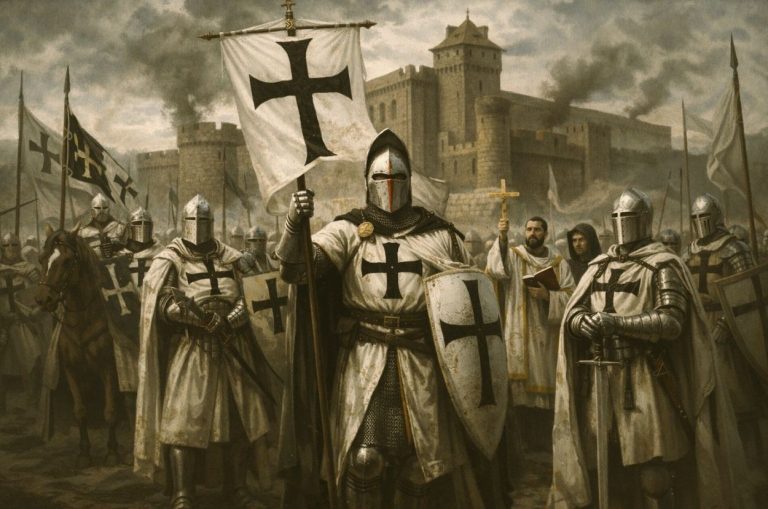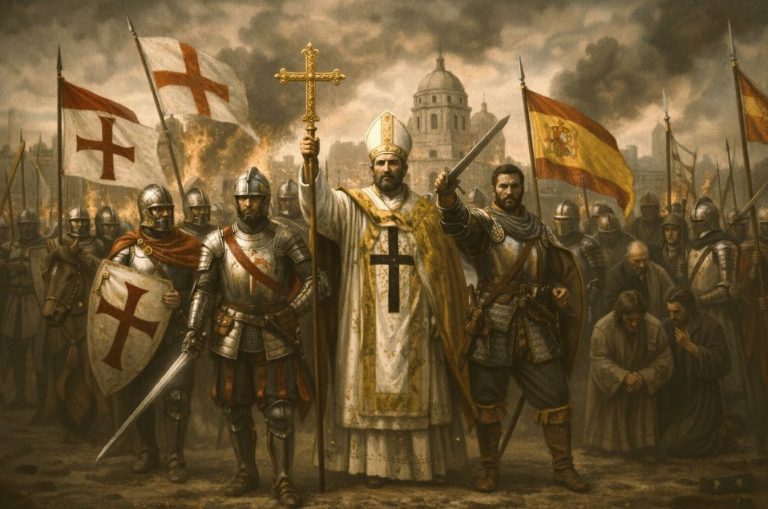

These nominal Christians become hyper-individualistic, cynical, and distrustful of others.
By Daniel K. Williams
happens to American politics and culture when white Southerners in the Bible Belt quit attending church? What religious views do they adopt? How do they vote? And will the mass exodus from church that already seems to be occurring in the South make the country less politically polarized—or more?
These questions are particularly relevant this summer because of two major news developments: the sex abuse crisis in the Southern Baptist Convention and the reversal of Roe v. Wade, which led to state restrictions that made abortion almost completely illegal the South and Midwest.
Twenty years ago, revelations of the Catholic church’s sex abuse crisis accelerated a massive exodus of white northeastern Catholics that was already well underway, and it contributed to a secularization of New England culture and politics. A region that up until the late 20th century had some of the nation’s strictest policies on abortion and divorce became a leader in expanding abortion access and legalizing same-sex marriage.
The same phenomenon occurred more recently in Ireland, in the wake of that country’s clerical sex abuse crisis. A nation that had some of the highest church attendance rates and strictest abortion and marriage policies in Europe legalized both abortion and same-sex marriage, even as church attendance rates plummeted.
It might be easy to imagine, then, that something similar could occur in the southern Bible Belt. As in New England immediately before news of the Catholic church’s sex abuse crisis broke, church attendance rates in the South were already falling before the SBC crisis was fully publicized.
Already, 30 percent of Southern Baptists “seldom” or “never” attend church, according to the Pew Research Center’s Religious Landscape Survey. The southern Bible Belt is quickly becoming a region of unchurched or lapsed Protestants who may still hang onto their evangelical identity to some extent but who don’t think going to church is necessary.
But these de-churched Protestants are not adopting the political views of de-churched Catholics in the northeast. Instead, they remain strongly individualistic Republicans who still oppose abortion, even if some of their other views differ from those of their churched counterparts. A careful study of these non-churchgoing white Southerners might offer a clue as to what southern politics will look like during the next decade.
READ ENTIRE ARTICLE AT CHRISTIANITY TODAY


